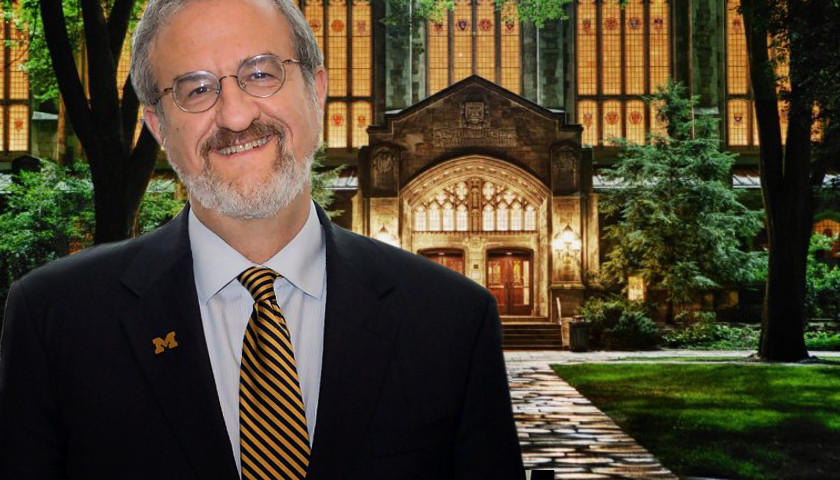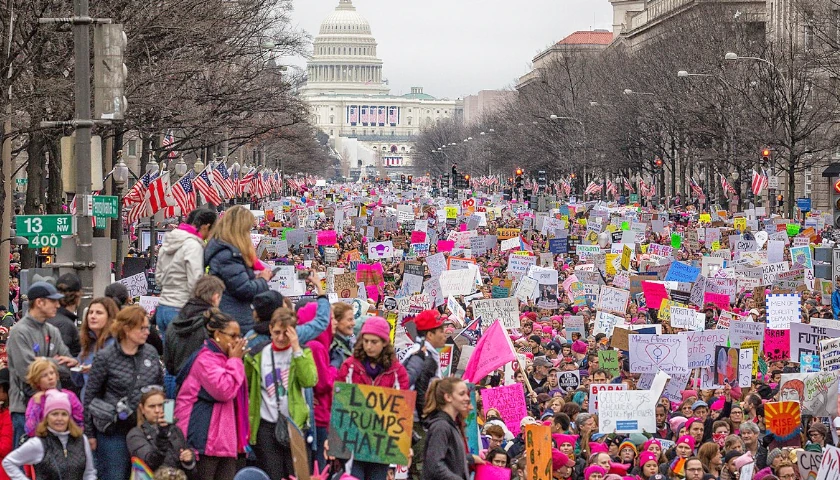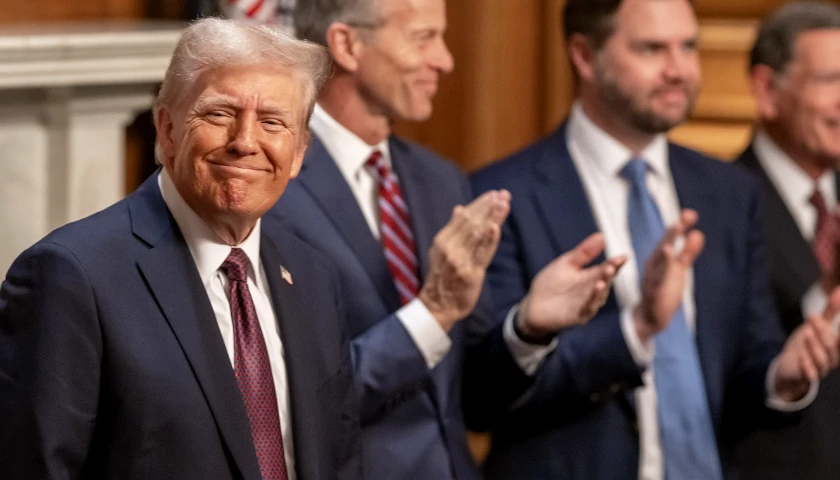by Maria Copeland
In response to new restrictions on Chinese students and researchers in the U.S., recently announced by President Donald Trump, the University of Michigan issued a statement vocalizing the school’s opposition to the Republican administration’s latest move.
Signed by the college’s President, Interim Provost and Executive Vice President for Academic Affairs, Vice President for Research and Dean at Rackham Graduate School, the letter says that these restrictions have “led to understandable worry.” They express resistance to the restrictions on the grounds that “our Chinese students, post-doctoral scholars and faculty have enriched our institution through teaching, learning, research and impact on society.”
The president’s proclamation, issued May 29, cautioned against the entry of certain students and researchers as potentially detrimental to U.S. interests: “The PRC (People’s Republic of China) authorities use some Chinese students, mostly post‑graduate students and post-doctorate researchers, to operate as non-traditional collectors of intellectual property. Thus, students or researchers from the PRC studying or researching beyond the undergraduate level who are or have been associated with the PLA (People’s Liberation Army) are at high risk of being exploited or co-opted by the PRC authorities and provide particular cause for concern.”
The proclamation went on to detail the new limitations and restrictions on students and researchers from China.
UMich, whose Ann Arbor, Flint, and Dearborn campuses received a combined $831,844,000 in 2017, also articulated disapproval of recently introduced legislation, which it describes as being proposed by Republican Sen. Rob Portman (Ohio) “and others,” not mentioning by name Democrat Sen. Tom Carper (Del.), who collaborated with Portman on the bill, which follows a lengthy bipartisan investigation into and suggested strategy to end Chinese theft of U.S. academic research.
The university reassures international students that “our core values have not changed in the wake of new policies and proposals that target this segment of our community and seek to limit the ability of Chinese students and researchers to study and work at our nation’s colleges and universities” and “we share their concerns about any changes that would negatively affect individual scholars and the quality of our university.”
“Please know that the university considers these issues top priorities and will continue to monitor them, strategically engage when opportunities arise and strongly oppose efforts to place inappropriate limits on our international students, faculty and visitors,” the letter concludes.
– – –
Maria Copeland is a Virginia Campus Correspondent at CampusReform.org.
Photo “University of Michigan” by the University of Michigan, and “President Mark S. Schlissel” is by Mark S. Schlissel.





